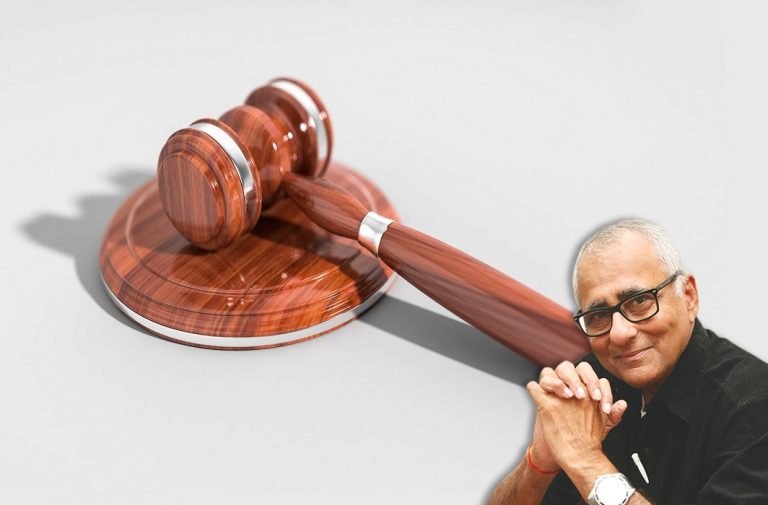
Above: Image by Arek Socha from Pixabay
By Inderjit Badhwar
American President Andrew Jackson said it best. “All the rights secured to the citizens under the Constitution are worth nothing, and a mere bubble, except guaranteed to them by an independent and virtuous Judiciary.” We in India have felt the worth of that statement. The Indian judiciary has often shown itself vulnerable in both areas, independence and virtuousness. It has risen to great heights, from Kesavananda Bharati vs state of Kerala, which established the Supreme Court’s authority over the Constitution and prevented Parliament from altering its “basic structure”, to the Allahabad High Court verdict which found Prime Minister Indira Gandhi guilty of electoral malpractices, and the more recent ruling which overturned Section 377 and stopped lesbians and gays from being treated as criminals. Yet, of late, the judiciary has come under critical scrutiny, following a public revolt by four senior judges (one of whom now sits in the chair of chief justice of India), and accusations of sexual harassment against the same chief justice. In recent months, under intense pressure from the government over the collegium system and promotion of judges, as well as certain judgments that were at odds with a modern liberal democracy, the judiciary had once again started to look weak and lacking in independence. Last week changed all that.
It started with the historic judgment delivered by Pathankot district and sessions judge Tejwinder Singh who braved all odds and pressures to deliver a judgment convicting six of the seven accused in the infamous Kathua rape and murder case. He was firmly backed by the Supreme Court which paved the way for a fair trial and prevented the case from acquiring communal and religious overtones.
Two days later, the Supreme Court ordered the release of freelance journalist Prashant Kanojia. He had been arrested by the Lucknow police on charges of defaming UP Chief Minister Yogi Adityanath by sharing a video and adding his own tweet. The case went to the Supreme Court where the bench of Justices Indira Banerjee and Ajay Rastogi ordered Kanojia’s release and declared that “liberty has been infringed”, adding that fundamental rights guaranteed under the Constitution and in particular Articles 19 and 21, were “non-negotiable’’.
However, it is the judicial outcome of the Kathua case involving the rape and murder of an eight-year-old girl that has been welcomed across the country, mainly because of the pressures the Court faced, including from the Jammu Bar Association and members of the BJP which added a communal element to the horrific crime.
At one stage, it seemed like the issue of the brutality inflicted on the eight-year-old child would be buried under the religious and political noises. In the end, the message sent out by the judiciary was loud and clear—the judiciary can and will overwhelm mobocracy and political pressures to impose the rule of law.
This was one case that had shocked the nation and if justice had been denied, the judiciary would have been taken to task. As the Supreme Court observed: “A fair trial is a sacrosanct principle under Article 21 of the Constitution of India and a fair trial means fair to the accused persons as well as to the victims of the crime. A fair trial commands that there be a free atmosphere where the victims, the accused and the witnesses feel safe.”
By ensuring that this did happen, the public has had its faith in the judiciary restored at a time when it seemed to be unravelling. It is a singular triumph for the judiciary. It has shown that what are still sacrosanct in Indian democracy are the Constitution of India and the rule of law.

